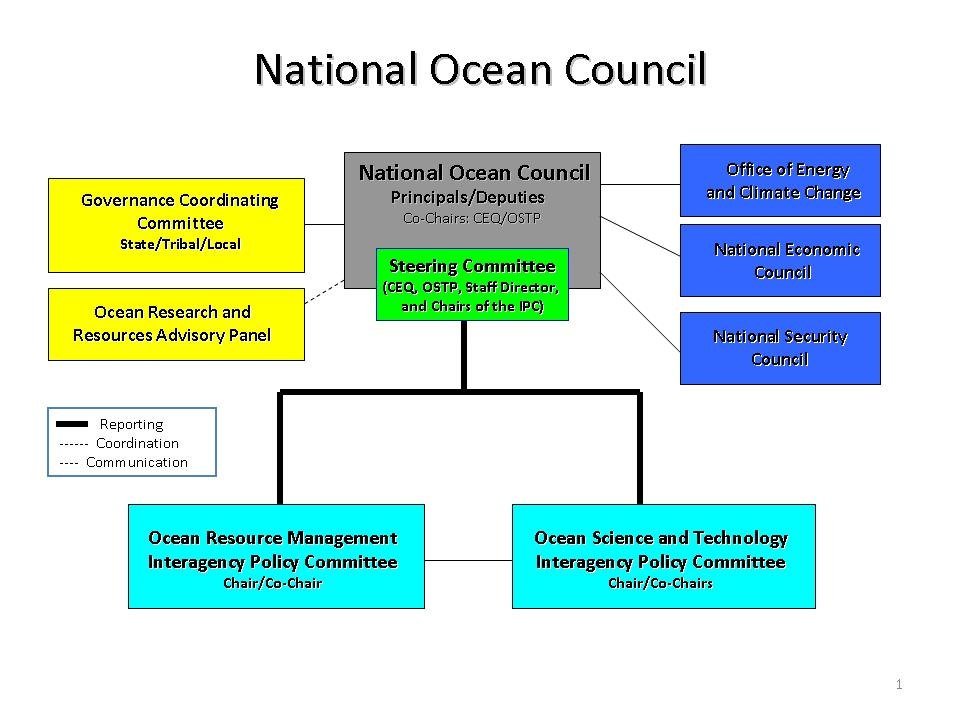
Climate change represents a major increase in uncertainty that water managers and policy makers will need to integrate into water resources policy and management. A certain level of uncertainty has always existed in water resources planning, but the speed and intensity of changes in baseline conditions that climate change embodies might require a shift in perspective. This article draws on both the social and physical science results of the EU-FP7 ACQWA project to better understand the challenges and opportunities for adaptation to climate change impacts on the hydrology of the upper Rhone basin in the Canton Valais, Switzerland. It first presents the results of hydro-climatic change projections down scaled to more temporally and spatially-relevant frames of reference for decision makers. Then, it analyses the current policy and legislative framework within which these changes will take place, according to the policy coherence across different water-relevant frameworks as well as the integration and main streaming of climate change. It compares the current policy and legislative frameworks for different aspects of water resources management to the projected impacts of climate change on the hydrology of the upper Rhone basin, in order to examine the appropriateness of the current approach for responding to a changing climatic context .Significant uncertainties pose numerous challenges in the governance context. The study draws on adaptive governance principles, to propose policy actions across different scales of governance to better manage baseline variability as well as more ‘unpredictable’ uncertainty from climate change impacts.
没有评论:
发表评论